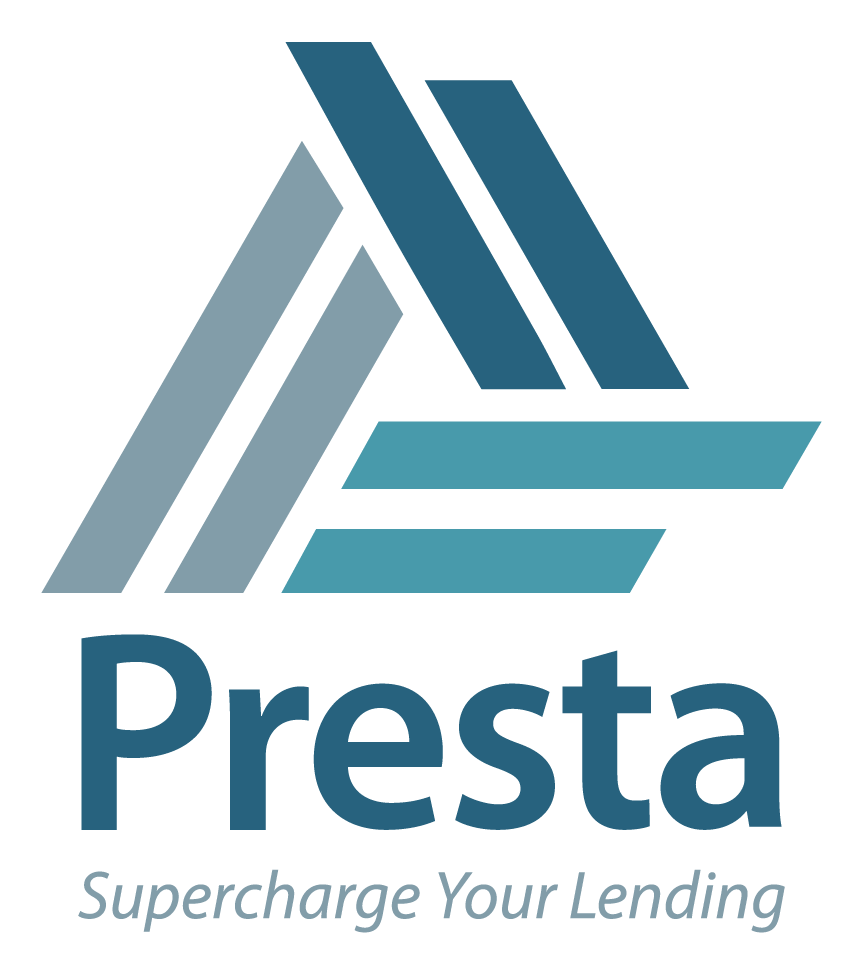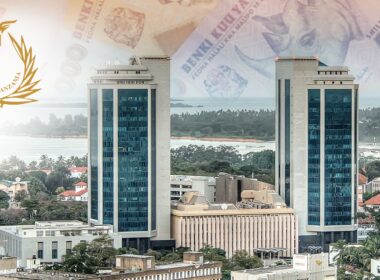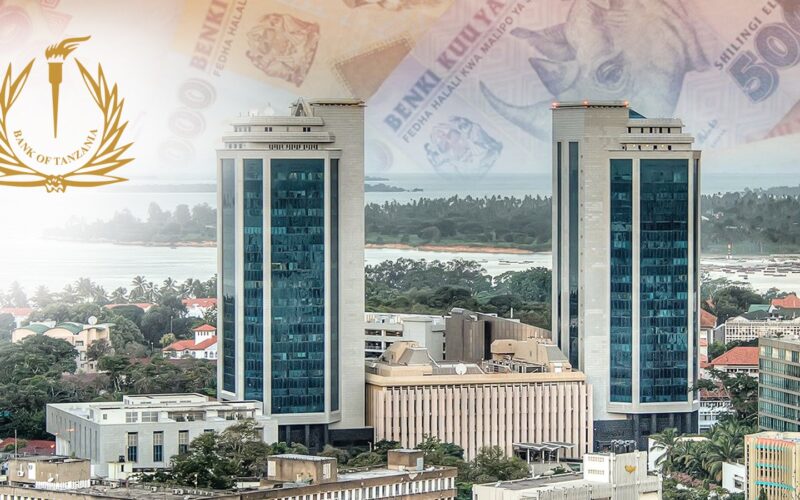According to a new regulation issued by the East African country’s top bank, the Bank of Tanzania (BoT), unlicensed digital lenders will no longer be allowed to operate in Tanzania.
According to reports, the new BoT limits are linked to unethical lending practices that have become widespread in Tanzania and throughout Africa, such as skyrocketing interest rates and threatening and debt-shaming failing consumers.
The central bank forewarned Tanzanians that if they conduct business with loan businesses without first confirming that they are licensed, they would not be protected. “The General Public is now reminded to study and confirm that the lender is licensed, as well as to comprehend and agree to the loan terms and conditions, before entering into a loan arrangement.”

More than a hundred unregistered digital credit providers that offer immediate loans to around thirty percent of adult mobile phone users who do not have a regular source of income or connections to traditional financial institutions like banks, SACCOS, and cooperative societies would be impacted by the regulation.
Due to the cheap cost of borrowing money, many Tanzanians choose these questionable platforms over reputable conventional financial institutions including banks, microfinance institutions, cooperative societies, and savings and credit cooperatives (SACCOs).
The new prohibition is anticipated to affect the nation’s financial inclusion while being intended to safeguard vulnerable clients. How the central bank intends to convert clients who favor the low-requirement alternatives of dubious mobile lending applications is still a mystery.
The central bank now mandates that all licensed digital lending platforms must provide clear and signed loan agreements to address these issues. These agreements must comprehensively detail the terms and conditions of the loans, including the total fees, interest rates, and any rollover fees applicable for late payments. This measure aims to ensure transparency and fairness in lending, thereby safeguarding borrowers from hidden costs and unscrupulous practices.
According to Section 16(1) of the Microfinance Act of 2018, it is illegal to conduct lending operations without a current license. The BoT announcement partially stated, “The supply of loans through various platforms, such as digital loans, includes the ban to participate in lending activity without a license.”

Since customers may obtain loans by just hitting a button due to effective loan management systems, mobile lending apps do not at this time offer comprehensive terms and agreements. All licensed digital lending providers will now be required under the BoT regulations to provide borrowers with formal loan agreements that contain all terms and conditions, including interest rates, total loan costs, and rollover fees for missing payments.
Did you know that Kenya and Nigeria have also put up strict measures to strengthen oversight of digital lenders?
Tanzania is taking action against unlicensed digital lenders, joining Kenya and Nigeria in outlawing fraudulent digital credit providers. Kenya has banned over 100 unlicensed digital credit providers, reducing the number to 51. August 2022 saw the implementation of new regulations by Nigeria’s Federal Competition and Consumer Protection Commission (FCCPC), which mandated that digital lenders register. In September 2023, The FCCPC delisted more loan apps from the Google Play Store.
The Central Bank of Kenya (CBK) has also been working to authenticate digital lenders. This was in response to legislation that went into effect in October 2021 and severely restricted the use of fraudulent debt collection agencies, the misuse of private personal information, and the exorbitant interest rates associated with credit facilities made available through digital platforms via mobile money accounts and phones. This was because even if many lending services were handy, privacy issues were brought up by the fact that they were operated on mobile money, USSD, or application platforms.
Nigeria and Kenya have implemented legislation to strengthen oversight of digital lenders. DCPs in Kenya were instructed to re-register and submit a license application in 2021. But by September 2022, licenses for only 10 digital lenders had been issued. Many Kenyan digital lenders, however, have still not received licenses, and in January 2023, a few expressed their annoyance that their applications had been blacklisted on the Google Play Store as a result of the delay. The Office of the Data Protection Commissioner (ODPC) examined at least 40 digital lenders in October 2022 for data breaches against their clients, which prompted the complaints. In March 2024, the Central Bank of Kenya (CBK) approved 19 more digital lenders, increasing the total number of licensed Digital Credit Providers (DCPs) to 51.










